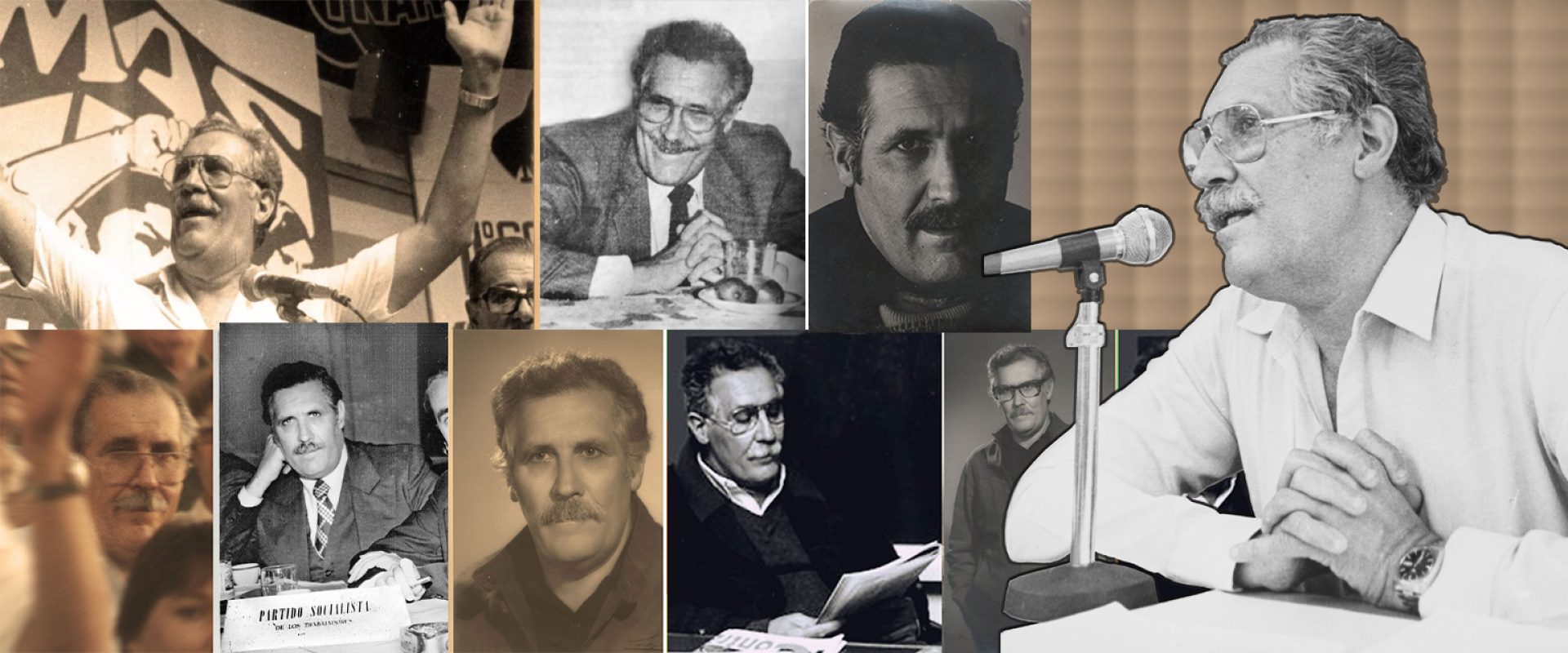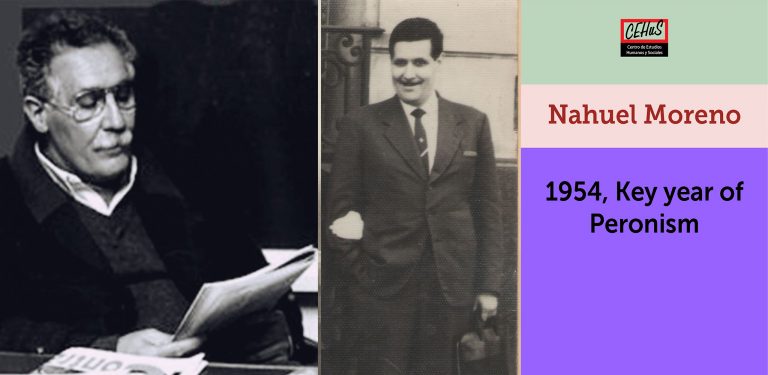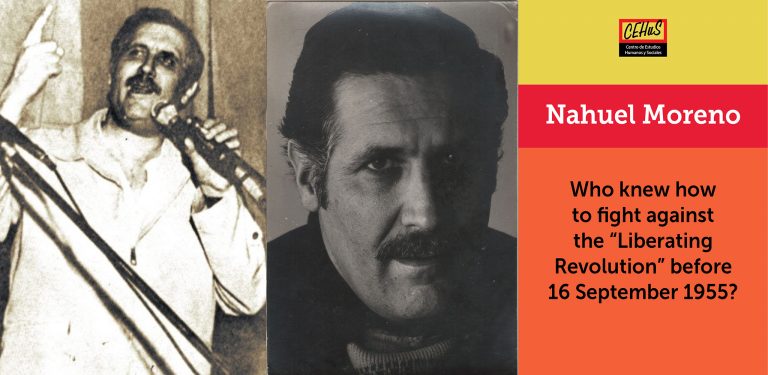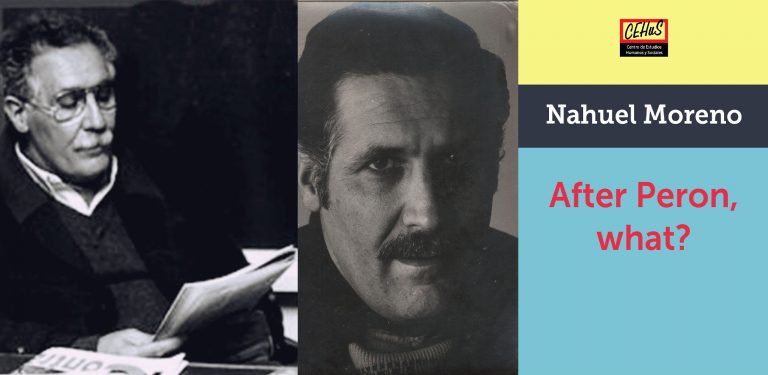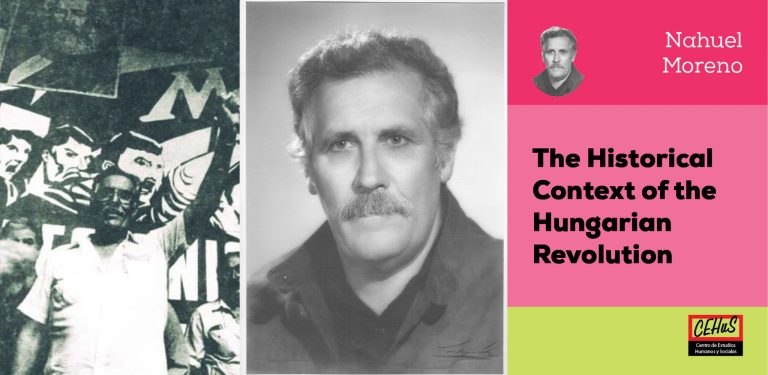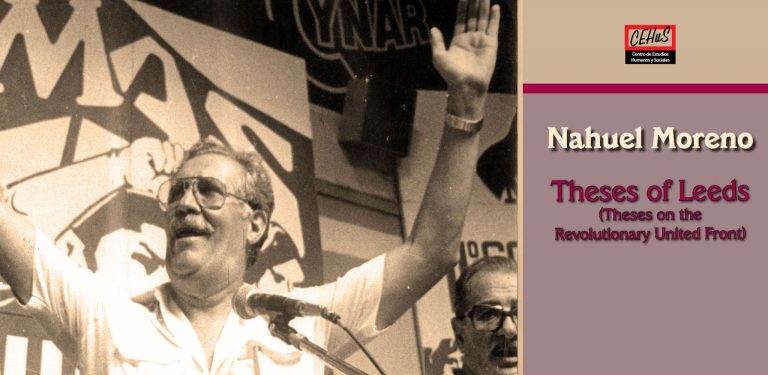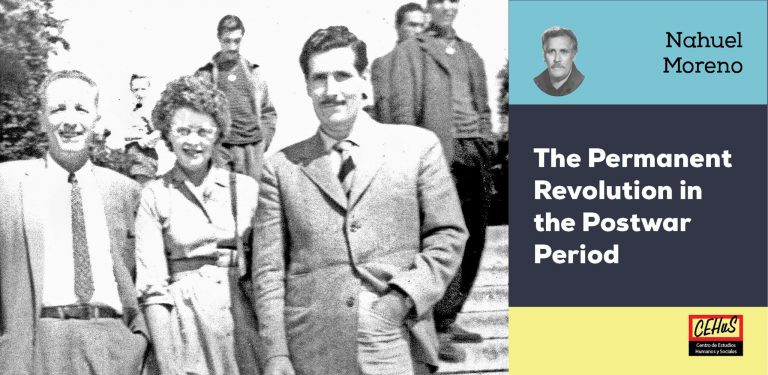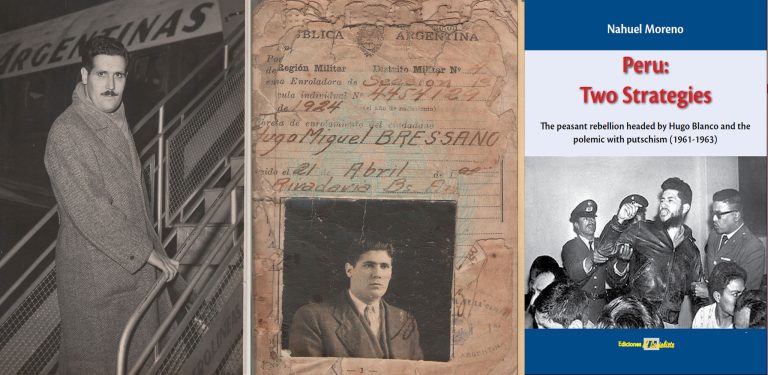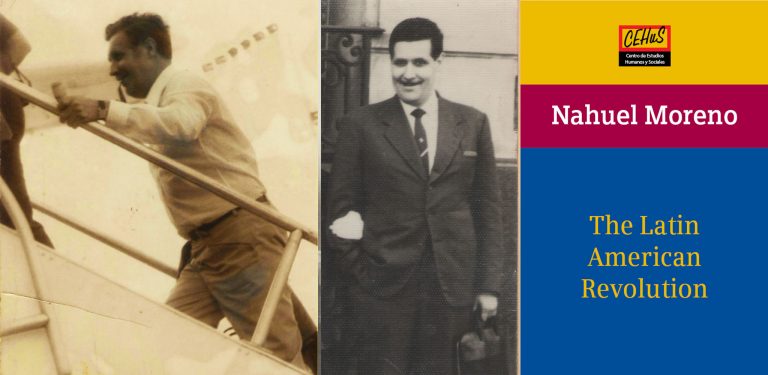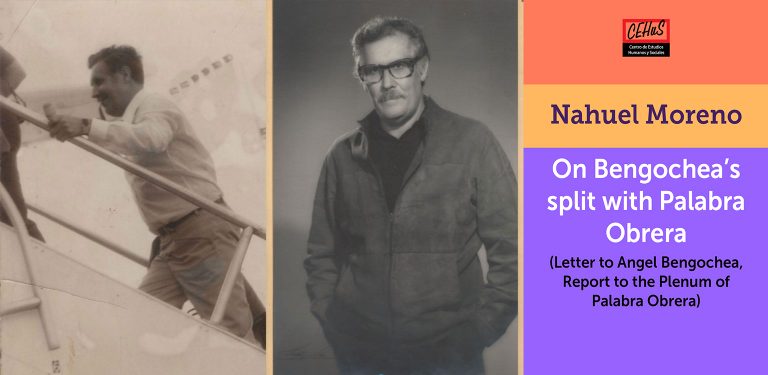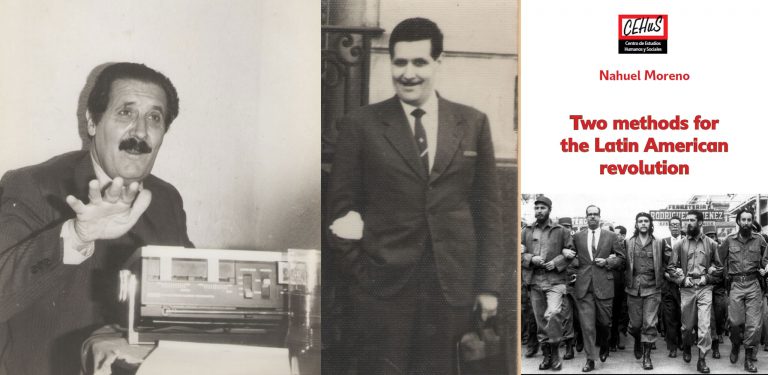Author: admin87
HISTORICAL CONTEXT OF THE HUNGARIAN REVOLUTION (1957)
In 1956 the political revolution forecasted by Trotsky breaks out in Poland and, especially, Hungary. In this work, a young Nahuel Moreno analyses the broad features of both revolutions, the oppressive character of the Soviet Union, and he raises the slogan “Red Army leave the Eastern European Countries!”
THESES OF LEEDS (1958)
Paper presented to the Congress of the International Committee of the Fourth International, held in Leeds, Great Britain. In this paper, Moreno deals with the crises open within the counter-revolutionary Stalinist apparatuses after the political revolution in Hungary and its crashing by the Red Army in 1956.
THE PERMANENT REVOLUTION IN THE POSTWAR PERIOD (1958)
In 1958, the Fourth International (International Committee) conference held in Leeds in 1958 adopted a draft resolution on the world situation prepared by Farrell Dobbs, one of the most important leaders of the Socialist Workers Party of the United States. Moreno, who was attending the conference, makes important criticisms of […]
PERU: TWO STRATEGIES (1961-1963)
The peasant rebellion headed by Hugo Blanco and the polemic with putschism (1961-1963).
THE LATIN AMERICAN REVOLUTION (1962)
Was Cuba a workers’ state? Did the Cuban revolution follow the general outline of Trotsky’s theory of the permanent revolution? Ae there gaps in the theory of the permanent revolution? Is armed struggle necessary? What is more important, guerrilla warfare o workers’ and popular militias? Do we have to build […]
ON BENGOCHEA’S SPLIT WITH PALABRA OBRERA (1964)
In 1962 Bengochea and four other comrades travelled to Cuba to request support for the armed peasants who were occupying land in Peru led by Hugo Blanco. They were won over to the guerrilla positions and broke with the party. Moreno wrote about the differences and how to channel them […]
TWO METHODS FOR THE LATIN AMERICAN REVOLUTION (1964)
Critical remarks to the works of Ernesto “Che” Guevara “The guerrilla warfare”, “Cuba: exceptional case or vanguard in the struggle against colonialism” and “Guerrilla warfare: a method”. Article published in the magazine Estrategia (second era), Buenos Aires, 1964.
